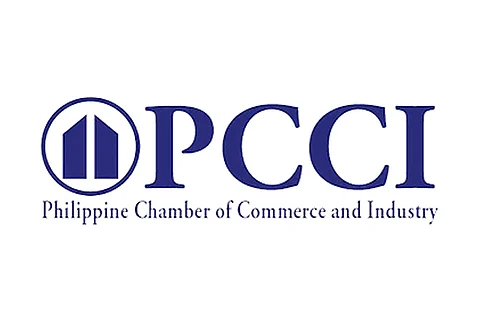
- NEWS
- the EDIT
- COMMENTARY
- BUSINESS
- LIFE
- SHOW
- ACTION
- GLOBAL GOALS
- SNAPS
- DYARYO TIRADA
- MORE

Federation of Philippine Industries (FPI) urged the incoming Congress to enact laws that would strengthen domestic manufacturing, reinforce fair trade practices, and drive the Philippines’ reindustrialization.
In a statement on Sunday, the FPI, headed by Beth Lee, has released its legislative agenda for the 20th Congress, the full implementation of key laws such as the Tatak Pinoy Act and the CREATE MORE, along with complementary measures to protect local producers, stimulate innovation, and ensure a competitive investment environment.
“Implement the Tatak Pinoy Act effectively, with proper funding and the establishment of a multi-sectoral Tatak Pinoy Council to guide and monitor industrial development,” the FPI indicated.
Also, part of the key industry policy reforms are as follows: accelerate the rollout of CREATE MORE, ensuring timely and fair access to incentives for both domestic and export-oriented manufacturers; enforce full compliance with Philippine National Standards (PNS) across all ports of entry and markets, ensuring that imported and local goods meet local safety and quality requirements; advance a green industrial policy, promoting low-carbon manufacturing, clean technology production, and access to transition financing, and the implementation of the Local Preference Procurement Law, mandating government procurement of locally manufactured, PNS-compliant products, especially in infrastructure, construction materials, and essential public goods.
Enforcement reforms
In terms of reforms in the trade and enforcement, the FPI said lawmakers should enact a Comprehensive Anti-Smuggling Law, including the creation of a Public-Private Task Force reporting to the President, port digitization, and enhanced customs profiling tools.
“Strengthen trade remedy mechanisms, allowing for faster and more effective implementation of safeguard, anti-dumping, and countervailing duties, including the use of provisional measures during investigations. Adopt a balanced and strategic tariff policy, including periodic reviews and pre-liberalization impact assessments for sensitive sectors,” the group urged.
